Conferences & Events
Competitions + Grants
Opportunities
Membership
Career Center
Career Center
Conferences & Events
Competitions + Grants + Awards
Membership
© 2024 Interior Design Educators Council
If there is an industry call that you would like IDEC to promote, please contact info@idec.org.
IDEC does not have any study abroad opportunities to share at this time.
IDEC provides the opportunity to post information inviting students and/or faculty to participate in any study abroad/tour/course offerings at your institution. The posting will also be promoted in our weekly eNews announcements. This benefit is free for members, $25 for non-members.
If you are an educator and wish to post information inviting students and/or faculty to participate in any study abroad/tour/course offerings at your institution, please complete the form.




© 2024 Interior Design Educators Council
